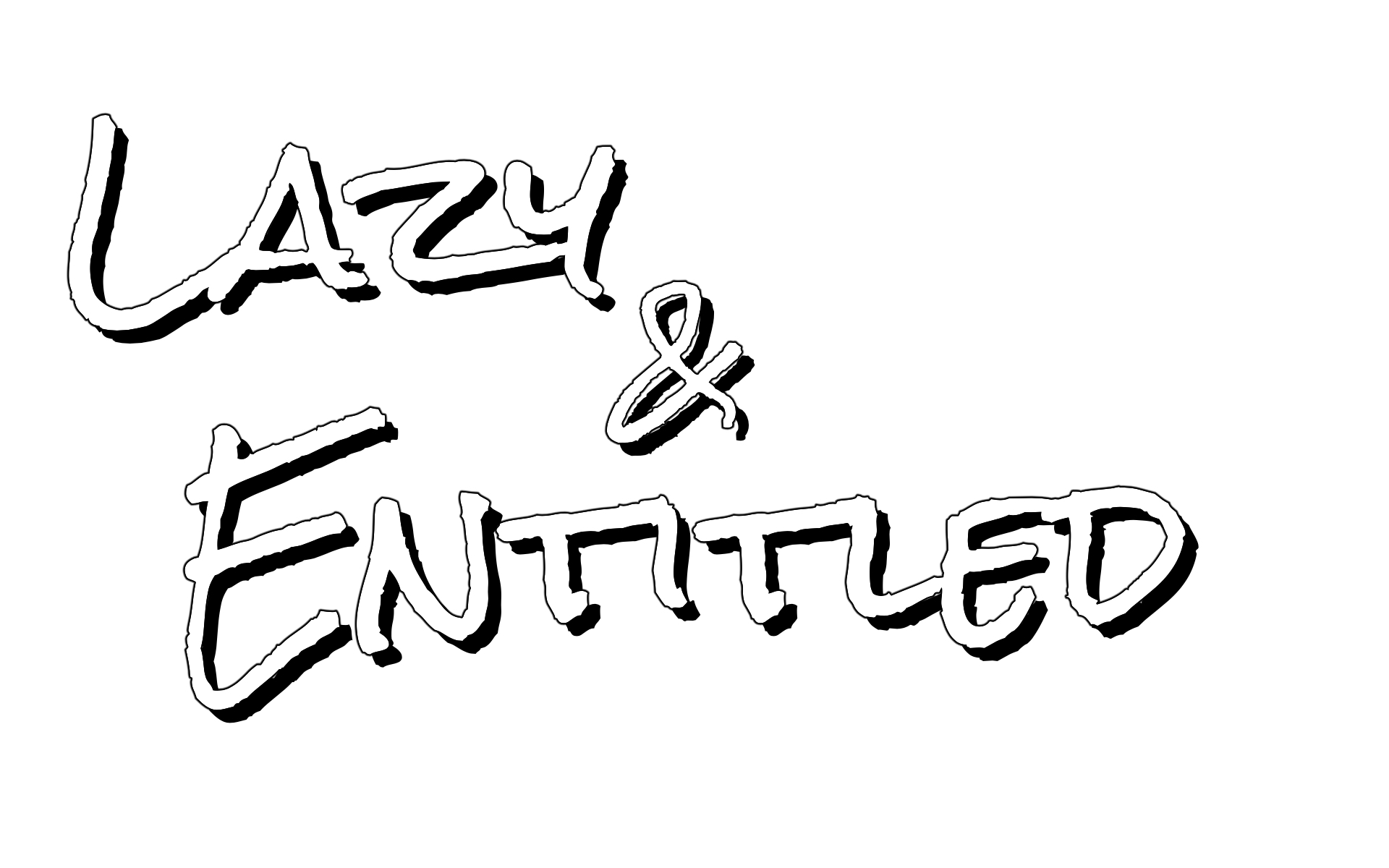“But to look back from the stony plain along the road which led one to that place is not the same thing as walking on the road…” – James Baldwin, ‘Go Tell It On The Mountain’
Music is good. Music is a vehicle, it takes you to a different place. Religion can have a similar effect, which is why you read about Anabaptists having worship-til-you-pass-out revivals in the 1600s or why the altar call at Acquire The Fire sometimes felt like a mosh pit at an MxPx show. We’re talking about Pentecostals and punk rockers both today, happy Friday.
What I’ve Been Reading This Week:
A book that’s lingered on my shelves for years. Another pickup from my old bookstore job. An author whose Greatness and Legend looms so large it’s sometimes hard to start the books—an attitude I learned is kind of silly with this one. An excellent religious text, a real document of the middle of the 20th century. I’m talking, of course, about Go Tell It On The Mountain by James Baldwin.

Baldwin famously grew up thinking he was going to be a preacher. I wasn’t quite that settled on being a preacher, but the idea occurred to me, multiple times. Wikipedia tells me this novel is semi-autobiographical, and sure, that scans with the listicle version of Baldwin’s biography I have in my head. I don’t know the precise reason why Baldwin became disillusioned with the church, but if this book is clues here are some: the main character, John, does not know how to handle his developing homosexual desire, nor does he see the church as a place he can express this inner conflict. His stepfather, Gabriel, is Deacon/preacher who is emotionally and physically abusive at home. His mother, Elizabeth, has all the options a Black woman in the 1950s had to deal with an abusive husband (mainly, shutting up and going to church, while occasionally getting wistful about John’s dead father). His younger half-brother, Roy, is rebellious in “go out and start street fights and one day get non-fatally knifed” kind of way. Don’t worry, John eventually gives his heart to The Lord and gets saved.
There’s more to the novel than all that, obviously. We get extensive backstory of Gabriel and his sister Florence’s time in Jim Crow South, we get Elizabeth’s love tragedy with the self-educated, museum-loving Richard, who has his will to live destroyed by one racist shopkeeper and an incompetence of cops. The main thing I get, though, is a portrait of people who have completely given their lives over to religion, but religion hardly has the answers to help them. God here is discussed as someone who can fix all your problems if you ask nicely, but will not hesitate to heap mounds more problems on and “bring you low” if you sin. Sinning here means stepping outside a pretty narrow, heteronormative box—one where women are blamed and mocked for being raped, men are household tyrants, living any other way is out of the question, and while it might be such a viciously racist time in the south that Black people were buying one-way tickets north in droves? Your problems are still mostly your own fault. You shouldn’t have been sinning. Go Tell It On The Mountain is, like a lot of novels from the 1950s, a beautifully well-wrought portrait of why you don’t want to go back to the 1950s. Don’t worry, though. John’s soul is saved.
LINKS!
It’s all music recommendations today, so instead of something to listen to, here’s Lake Michigan from Kenosha:

We Are The Union: I first heard of this band thanks to trombonist Jer’s Twitter and YouTube presence. A highly energetic multi-instrumentalist covering video game songs and emo classics is an attention-getter, whaddyawantfromme. Jer’s infectious energy made me check out We Are The Union, and I’m happy to report they’re very good. Check out their album Ordinary Life, released around the time singer Reade Wolcott came out as trans, with songs dealing with transition and existing beyond the binary.
Skatune Network: aw hell, let’s link to some Jer stuff too! They did a whole album of Animal Crossing songs, which you know is a way to my heart, but also? My kid really dug it, too. Jer’s one of those “plays every instrument except drums” dudes, and I think they might be a middle school/high school band director? Horn-playing was never something I did better than average, and boy do I wish I could be my own bedroom ska band. Shoutout Jer.
Aye Nako: I’ve linked to Aye Nako before, but man, what a cool band. I really like how they play guitar! There’s something especially 1993 about “Nightcrawler” that I really enjoy.
Bev Rage & the Drinks: you ever see a band, but don’t get their name? I’m almost 100% sure I saw Bev Rage & the Drinks at Midsommar Fest in Andersonville a few years back, but I’m not sure. Using the fact that I had a very young child at the time to excuse my poor memory/lack of attention to detail. Either way, Bev Rage & the Drinks are very fun, and their videos are sometimes horror movies.
Blacker Face: admittedly only heard of this band recently. Trying to get into my Chicago bands, you know? Blacker Face is wonderfully weird, super creative. I’m excited to get more into them.
What’re you still doing here? That’s a lot of music to listen to, probably best heard on a patio somewhere with a cold drink. Here’s Lake Michigan with the Chicago skyline:

If you work in the service industry, may you clean up in tips this weekend. And may you be tipped in money, not Chick Tracts.
Sorry you got an email,
Chris
